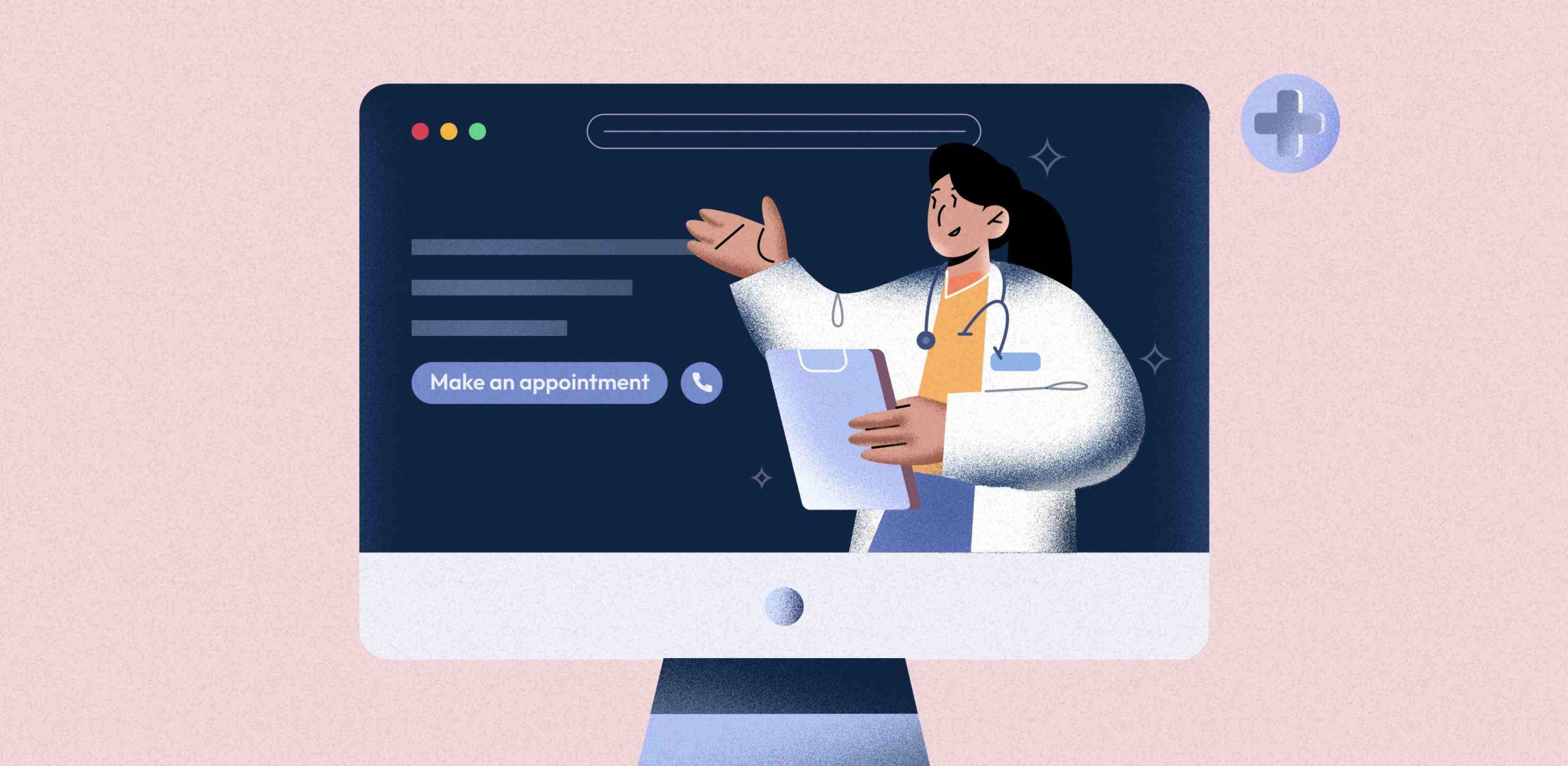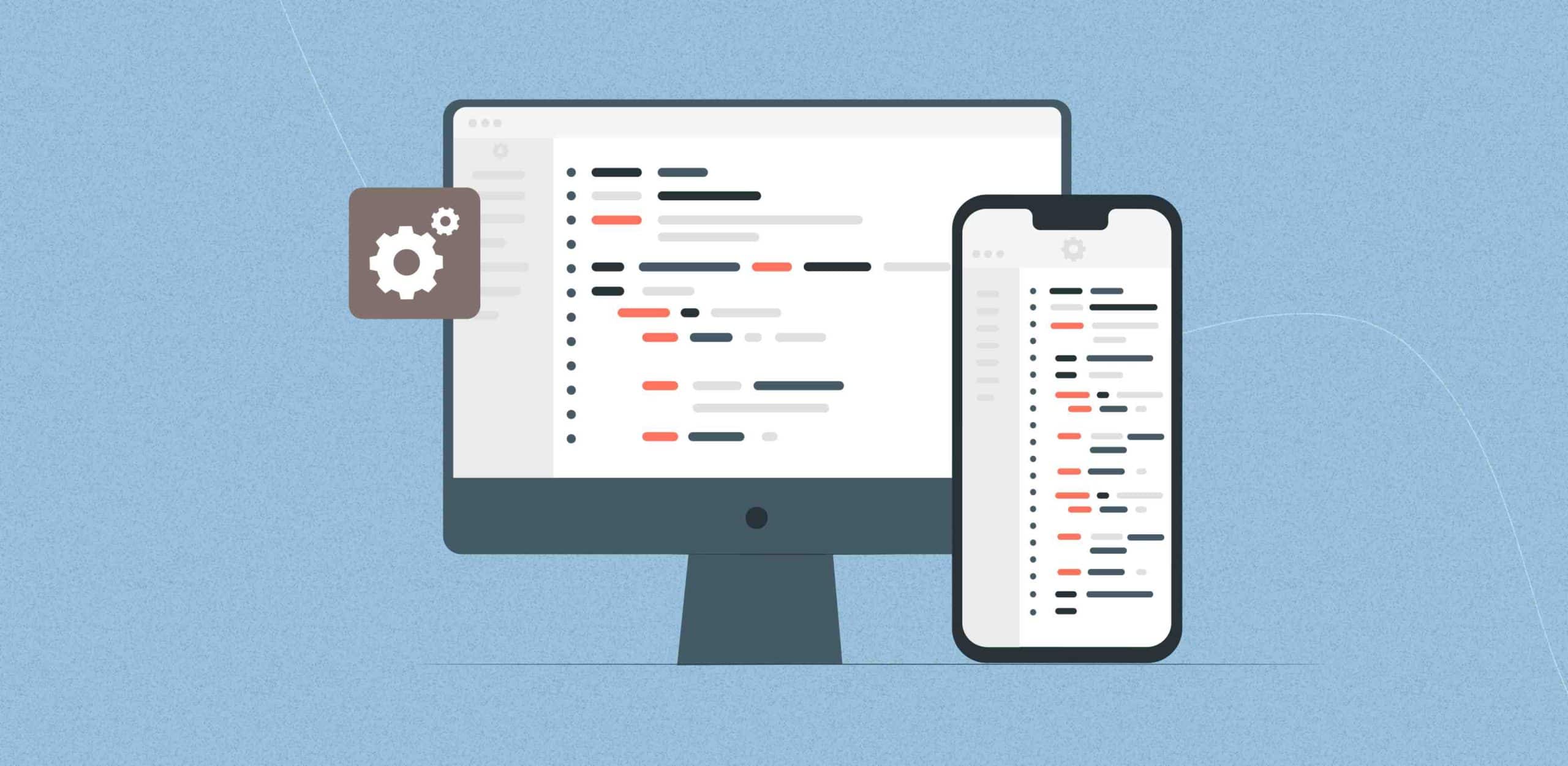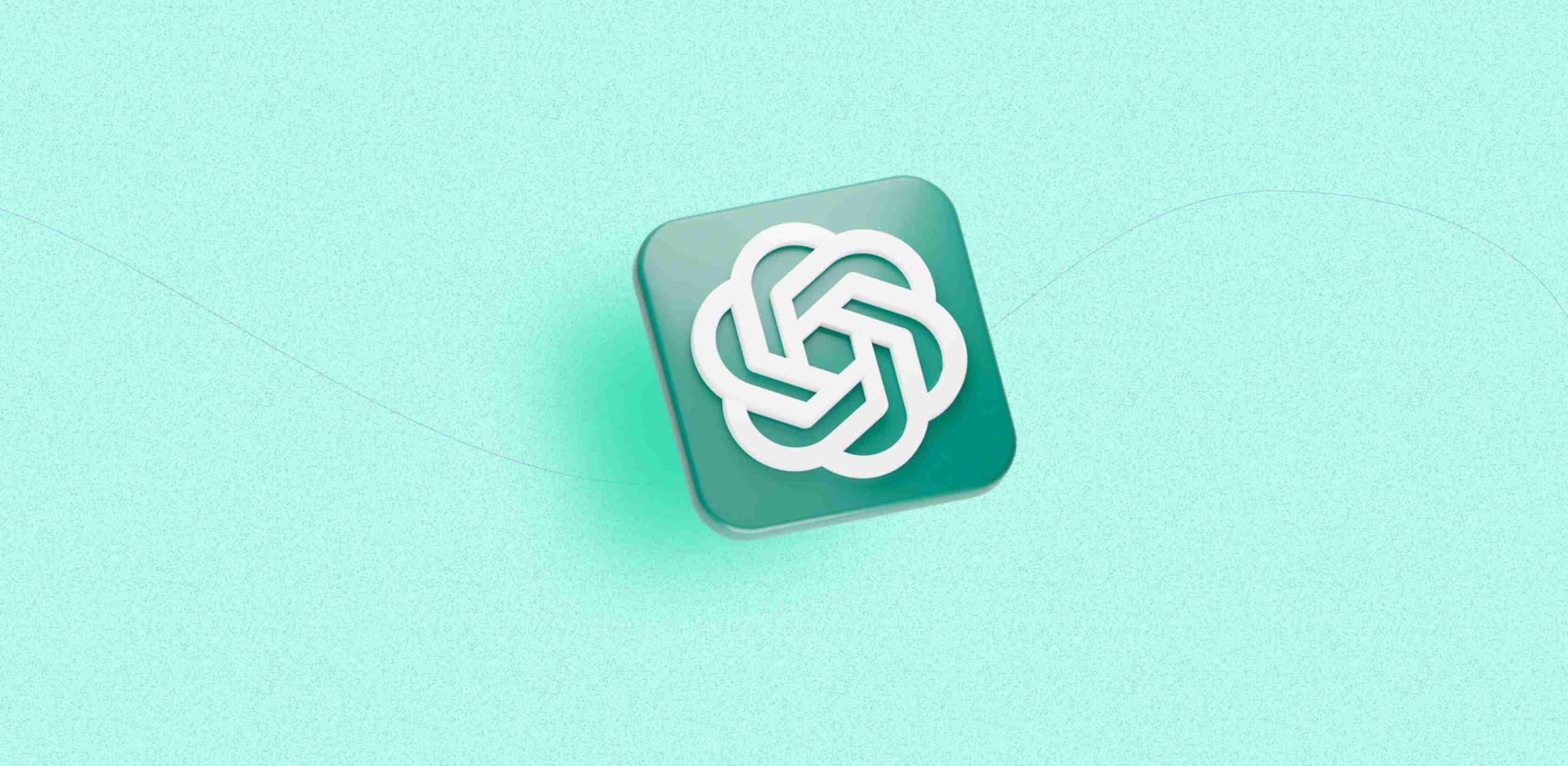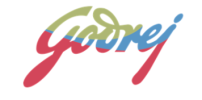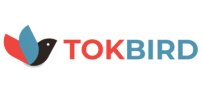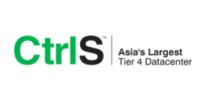Healthcare app development has become a crucial part of the evolving healthcare industry with the advancement of technology. The global pandemic of 2020 has pushed the healthcare industry to embrace digital transformation, and this trend is expected to continue in 2023 and beyond. Healthcare app development is now a popular solution for healthcare providers to offer their patients better healthcare services.
In this blog post, we will provide you with a complete step-by-step guide on healthcare app development for 2023. We will discuss what a healthcare app is, the categories of healthcare apps, healthcare startup ideas, benefits of healthcare apps, steps to build a healthcare app, features of healthcare apps, and the cost of healthcare app development.
What is a healthcare app?
A healthcare app is a mobile application that provides healthcare services to patients. Healthcare apps can be used by healthcare providers, patients, or both. These apps are designed to make healthcare services more accessible, affordable, and convenient. Healthcare apps can help patients monitor their health, book appointments with healthcare providers, access medical records, track medication, and much more.
What are the categories of healthcare apps?
- Telemedicine apps : These apps allow patients to consult with healthcare providers remotely. Telemedicine apps are especially useful for patients who live in remote areas or those who cannot visit a healthcare provider due to physical disabilities or lack of transportation.
- Fitness apps: Fitness apps help users track their physical activity, monitor their diet, and stay motivated to achieve their fitness goals. These apps can be used by patients who are recovering from an injury or illness or those who want to maintain their overall health and wellness.
- Medication management apps: These apps help patients track their medication schedules and remind them to take their medication on time. These apps can be used by patients who take multiple medications or those who have difficulty remembering their medication schedule.
- Health tracking apps: Health tracking apps allow users to track various health metrics such as blood pressure, heart rate, and sleep patterns. These apps are especially useful for patients who have chronic health conditions.
Healthcare start-up ideas
If you are thinking about starting a healthcare app development company, there are several healthcare startup ideas you can consider. Here are a few examples:
- Mental health app: A mental health app can provide users with resources to manage their mental health, such as meditation techniques, breathing exercises, and therapy sessions.
- Nutrition app: A nutrition app can help users track their food intake and provide them with personalized recommendations for a healthy diet.
- Women’s health app: A women’s health app can provide resources for women to manage their reproductive health, such as period tracking, fertility tracking, and pregnancy monitoring.
- Appointment app: Nowadays, healthcare apps that facilitate direct communication between patients and doctors are vital. They can potentially save lives by providing remote assistance and online consultations. These apps, such as doctor appointment apps, enable patients to easily search for a suitable doctor and schedule an appointment at a time that is convenient for both parties with just one click.
- Reminder app: The objective of this application is clear-cut: to prompt individuals to take their medication at the prescribed time. If you’re not interested in developing a complete reminder application, incorporating this functionality into a healthcare app, such as a doctor appointment app, can be a useful feature.
Contact us today and let's discuss how we can develop a healthcare app that meets your needs!
What are the benefits of healthcare apps for doctors and patients?
There are many benefits of healthcare apps, both for patients and healthcare providers. Some of the most significant benefits of healthcare apps include:
Benefits for doctors
- Remote access: Healthcare apps enable doctors to remotely monitor the health of their patients, regardless of their location. This not only provides convenience but also saves time for doctors who can contact their patients through a variety of means such as phone calls, video chats, or in-app chats, instead of visiting them in person.
- Effective workload distribution: Doctors can use healthcare apps to schedule appointments at convenient times and perform essential tasks using mobile and web apps.
- Brand awareness: A healthcare app can increase the visibility and brand recognition of a clinic or doctor. When patients receive treatment from a clinic with a digital presence, it can increase trust and strengthen loyalty. This can lead to a higher likelihood of patients choosing the same clinic for their future healthcare needs.
Best Practices for Designing a User-Friendly Interface for Healthcare Apps. Read more.
Benefits for patients- Improved patient engagement : Healthcare apps can help patients become more engaged in their healthcare by providing them with tools to monitor their health, communicate with their healthcare providers, and manage their medical records.
- Increased accessibility: Healthcare apps can make healthcare services more accessible by allowing patients to access healthcare services remotely.
- Cost-effective: Healthcare apps can be cost-effective for patients by reducing the need for in-person consultations and hospital visits.
- Improved healthcare outcomes: Healthcare apps can help healthcare providers improve healthcare outcomes by providing them with better data to make more informed decisions.
What are the steps to build a healthcare app?
Developing a healthcare mobile app is a complex process that requires careful consideration of several nuances and differences from other types of apps. To make this process easier and avoid potential mistakes, below is a list of detailed steps to follow.
- Define the problem: In the process of a healthcare app development, it is crucial to comprehend the requirements of the end-users. This involves identifying the issues they encounter with the current solutions and how your app can enhance their experience. It is essential to define the user persona with utmost accuracy and understand their inclination towards your app or existing options in the market to fulfill their medical needs.
Furthermore, it can be beneficial to narrow down the focus of your app and select a specific healthcare field to target. For instance, your app can revolve around diabetes or track anxiety levels. Going into more depth can aid in creating a more effective and efficient app. - Research: Conduct market research to understand the target audience, competition, and market trends. This will help you identify the features and functionalities you need to include in your healthcare app.
- Choose a development platform: When developing healthcare applications, it’s important to consider which platforms to deploy them on, such as Android, iOS, or the web. Integrating with home assistant devices can also be a useful feature for users who prefer voice commands.
It’s worth noting that older patients tend to prefer accessing healthcare information through websites, while younger patients are more comfortable using apps and voice devices. Conducting market research can help you make informed decisions about which platforms to focus on.
Ultimately, to ensure success in healthcare app development, it’s crucial to prioritize interoperability between different platforms. - Plan your app architecture: Create a detailed plan for your app architecture, including the user interface, database, and backend.
- Design the user interface: Design the user interface for your healthcare app, taking into consideration the user experience, accessibility, and user interface design best practices.
- Develop the app: Develop the app according to the plan you created in step 4. Test the app thoroughly to ensure it works as intended and is free from bugs.
- Test your app: When creating healthcare solutions, testing is a crucial step. It is important to test everything from user experience and user interface to content. Conducting thorough testing can help reduce development time and cost, identify bugs, and significantly enhance your reputation as a service provider.
- Launch and track performance of the app: Launch your healthcare app on the app stores and promote it through various marketing channels. After testing your application, it’s time to introduce it to your users. Once you launch your app, use the in-app analytics tools that were implemented during the development phase to monitor its performance. Address any concerns or requests that users may have, and continue to introduce updates to keep them engaged.
Remember that while the above is a general healthcare app development process, your healthcare app can set itself apart from the competition through the unique concepts and features it offers.
What are the features of a healthcare app?
When developing a healthcare app, you must include the following features to make it effective and they play a vital role in redefining the healthcare sector and enhancing customer experience.
- User registration: User registration should be included to allow users to create a personal account and access the app’s features.
- Electronic medical records: Electronic medical records offer users a secure and easy-to-use platform to manage their medical records. This allows users to store and access their medical information, such as test results, medications, and medical history, all in one place.
- Appointment booking: Appointment booking is another important feature that allows users to book appointments with healthcare providers. This can include features such as scheduling, cancellations, and reminders.
- Medication management: Medication management is another essential feature that can help users manage their medication schedules and provide medication reminders. This can include features such as reminders for taking medication, tracking medication usage, and alerts for refilling prescriptions.
- Health tracking: Health tracking is another important feature that allows users to track their health metrics such as blood pressure, heart rate, and sleep patterns. This can help users monitor their health and identify potential health issues before they become more serious.
- In-app messaging: In-app messaging is another useful feature that enables users to communicate with healthcare providers through the app. This can include features such as messaging, video consultations, and online chats with healthcare professionals.
What is the cost of healthcare app development?
The cost of healthcare app development can vary widely depending on several factors, such as the app’s complexity, features, and development platform. The average cost of healthcare app development ranges from $10,000 to $150,000. However, it is essential to note that the cost of healthcare app development can be much higher for complex apps that require advanced functionalities.
Conclusion
In conclusion, healthcare app development is a crucial part of the healthcare industry’s digital transformation. Healthcare apps can help improve patient engagement, accessibility, and healthcare outcomes while also being cost-effective. If you are thinking about developing a healthcare app, it is crucial to follow the steps outlined in this guide and include essential features such as user registration, electronic medical records, appointment booking, telemedicine, medication management, health tracking, and in-app messaging.
At Enfin, we have the expertise and experience to develop custom healthcare apps tailored to your specific needs. Contact us today to learn more about how we can help you build your healthcare app.
Let’s transform your business for a change that matters.
F. A. Q.
Do you have additional questions?
Healthcare app development can help improve patient engagement, accessibility, and healthcare outcomes while also being cost-effective.
The essential features to include in a healthcare app are user registration, electronic medical records, appointment booking, telemedicine, medication management, health tracking, and in-app messaging.
The cost of healthcare app development can vary widely depending on several factors, such as the app's complexity, features, and development platform.
To ensure the success of your project development, it is essential to define your requirements and goals, choose the right partner, plan and design the app carefully, develop and test it thoroughly, and provide ongoing maintenance and support.
You can choose between native, hybrid, or web-based apps for your healthcare app development. It is essential to consider the app's features, target audience, and budget when choosing the development platform.



